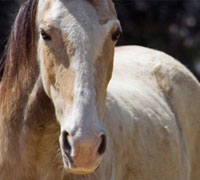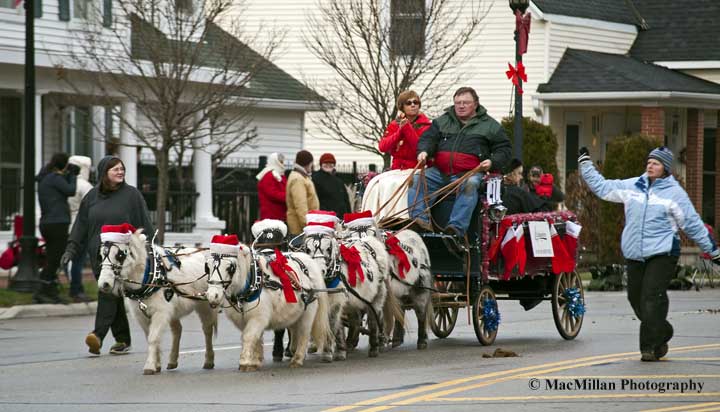
This week, the American Veterinary Medical Association (AVMA) and the American Association of Equine Practitioners (AAEP) issued a joint statement of support for H.R. 6388, the Horse Protection Act Amendments of 2012.
“Soring is an unconscionable abuse of horses that is used to produce a high-stepping gait—the “Big Lick”—and gain an unfair competitive advantage in the show ring,” said Dr. Doug Aspros, president of the AVMA. “For decades we’ve watched irresponsible individuals become more creative about finding ways to sore horses and circumvent the inspection process. It is evident that self-policing efforts by the industry have not proven to be effective, making this legislation critically important for the welfare of these animals.
“The AVMA and AAEP are committed to strengthening the USDA’s ability to enforce the Horse Protection Act and ending this abuse for good. We strongly encourage everyone who cares about the welfare of horses to contact their members of Congress and urge them to pass H.R. 6388.”
The bill, as written, would strengthen penalties for violations of the Horse Protection Act and improve USDA enforcement of the act. Specifically, H.R. 6388 would:
- Make the actual act of soring, or directing another person to cause a horse to become sore, illegal;
- Require the USDA (rather than the industry) to license, train, assign and oversee inspectors enforcing the Horse Protection Act;
- Prohibit the use of action devices (e.g., boot, collar, chain, roller, or other device that encircles or is placed upon the lower extremity of the leg of a horse) on any limb of Tennessee Walking Horses, Spotted Saddle Horses, or Racking Horses at horse shows, exhibitions, sales or auctions and bans weighted shoes, pads, wedges, hoof bands or other devices that are not used for protective or therapeutic purposes;
- Increase civil and criminal penalties for violations, and creates a penalty structure that requires horses to be disqualified for increasing periods of time based on the number of violations;
- Allow for permanent disqualification from the show ring after three or more violations.
“The passage of H.R. 6388 will strengthen the Horse Protection Act and significantly increase the effort to end the abuse of the Tennessee walking horse,” said AAEP President Dr. John Mitchell. “The AAEP encourages all veterinarians to contact their legislators to voice support for the bill and help end the cruel soring of these beautiful animals.”
For more information on the AVMA and AAEP’s efforts to stop this egregious abuse of horses, visit AVMA’s Soring Resource Page. Materials include a video, factsheet, backgrounder, AAEP’s white paper and the AVMA’s and AAEP’s official positions on the issue.
Further Reading
Horse trainers accused of soring now face greater penalties
Anti-soring DVD wins gold for Girl Scouts
Presentation materials from 2010 Sound Horse Conference




To cause such pain to win is very, very wrong.
These are all great ideas but I would also like to add that perhaps the judging should be changed so that the over high stepping horses and silly looking broken tails aren’t winners! Change the standard so that soring is obsolete!
hope it stops the abuse
Soring or “fixing” a horse is wrong. Why aren’t the owners being charged, too? Why only Walking Horses, Spotted Horses & Racking Horses? Why not inlcude all horses? I’ve seen 3 & 5 gaited horses with chains and having fire extinguishers shot at them. The Walking Horses have some bad apples, but it’s not just them. Any time there is money involved, there is corruption.
I’m with Galadriel/Me, if the judges disqualify all the “unnatural” habits of a horse, it would be unnecesary to do them in the first place. I also am with Susan/Tn, the owners/trainers should most definately be charges/fined for these practices. Logically, a horse if beautiful without any alterations.